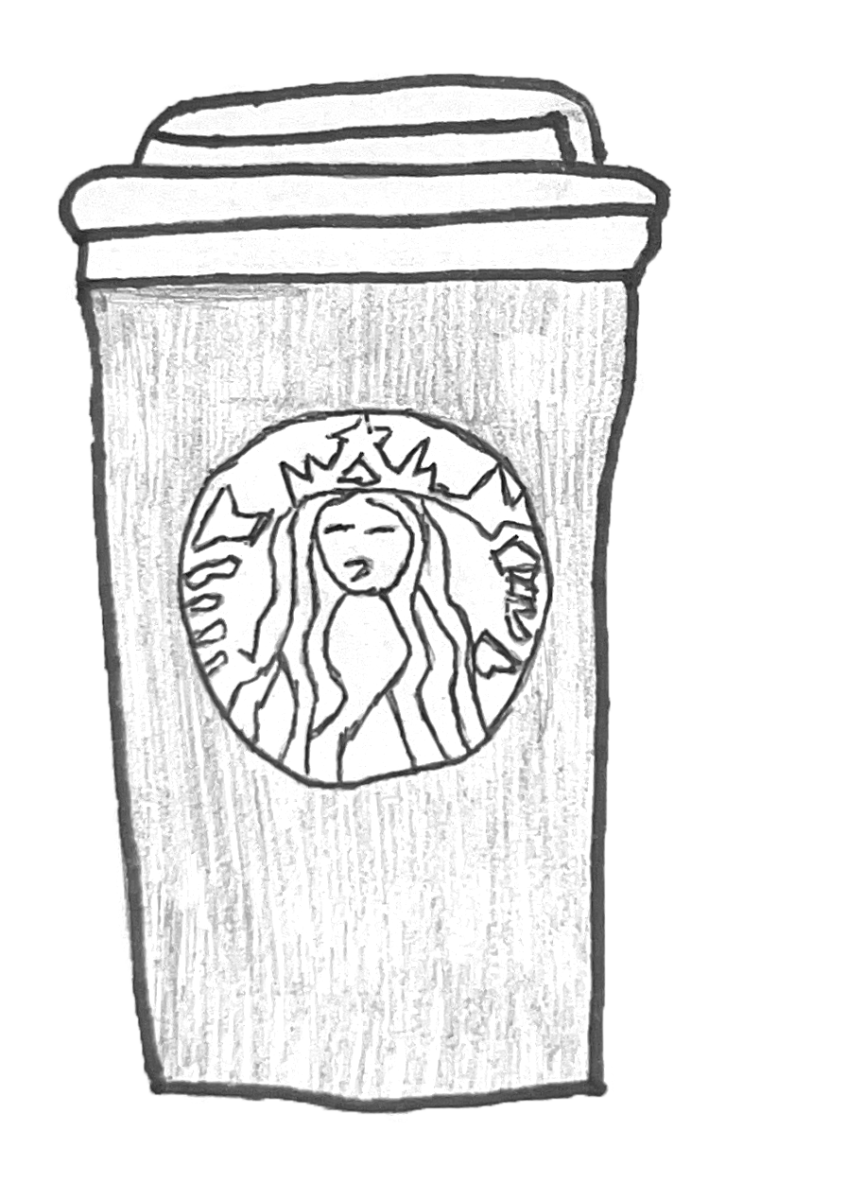On September 25, 2025, Starbucks abruptly announced the closure of the Seattle Starbucks Reserve Roastery, along with the substantial layoff of 900 employees in Washington State. The shutdown of the Reserve is part of a larger wave of store closures across the country, with over 400 Starbucks locations being permanently shut down. In Washington state, 28 Starbucks locations across Seattle, Bellevue, Bothell, Redmond, Edmonds, have been closed. Starbucks rationalized the closure of the Reserve as a companywide cost-cutting method, and applied the same logic to the other shutdowns as well. The Reserve shutdown taking place in Seattle is quite alarming for the company’s future in the city as Seattle is the birthplace of Starbucks, coffee consumption, specifically Starbucks coffee, is a big part of Seattle culture, and the Reserve is a very popular tourist attraction here in Seattle. However, the shutdowns are proving more problematic to the people rather than the company.
Many Starbucks employees are subjected to unfair labor practices, with around 12,000 workers across 650 Starbucks stores unionizing in 2021. Since then, the union has been fighting for equitable treatment from the company; recently, Starbucks workers arranged a demonstration at the Reserve following its closing where they demanded higher pay, and a better contract for union workers. Workers note that they will get hired “full-time” and not even get scheduled 20 hours a week which disqualifies them for the benefits that Starbucks claims they give full-time employees. Gary Liu, a manager at the Starbucks Swedish Cherry Hill location, is one of many Starbucks employees who has felt the effects of the Reserve shutting down. “We’ve been really busy ever since,” Liu said. Workers even feel that their own jobs could be at stake. “I’m really afraid of other people losing their jobs,” Liu said, adding how “you don’t even know if you’re gonna lose your job tomorrow.” For many employees, the shutdowns have heightened anxieties about distance and travel, especially on a day-to-day basis. It’s not uncommon to get relocated to another Starbucks site due to the closures, but for many, the task can be unrealistic. “It’s really hard to keep a job as an employee if there are no locations close to your home.”
For others, this event is a sign of change and political action. “I didn’t want to support a company that tries to silence activism,” Maraky Getu, a Garfield student, said. Getu, is one of many people who are actively boycotting Starbucks. When asked why she supports the boycott, Getu cited how Starbucks “sued their own union for posting a message supporting Palestine.” Since the lawsuit back in October 2023, thousands of protestors have refused to support Starbucks in any way, hurting both the reputation of the company and its revenue. “I think this could make protestors feel sort of inspired,” Getu added. “I mean, boycotting is not something that works overnight.” When asked what an effective response from Starbucks would look like, Getu said that accountability would be key. “Cutting ties that profit from violence and more transparency,” would be the first step, she said. To Getu, however, the boycott is largely about making a statement. “I’m not expecting Starbucks to actually change — when corporations have that much power, they usually don’t care enough to,” she commented. “That’s why people protest and boycott in the first place.”
Preceding the closures, Starbucks profits have been consistently dropping for the past two years. The company has since been trying to draw customers back in, especially since the start of the pro-Palestine boycotts. Select events have included: free hot cocoa on weekends alongside a purchase of a drink back in December 2023, free refills to customers who purchased either coffee or tea as well as barista engagement on cups in January 2025. Starbucks has actively made attempts to reshape their portfolio as a business and adjust the ways to succeed due to the large sum of money they’ve seemingly lost in the past few years, but it is unclear if their attempts to salvage their reputation are working with consumers. “I hope this event will make people do more research about [issues at Starbucks],” Getu said. “[Starbucks doesn’t] support unionizing, [and] they don’t support their workers.” As a result of the closures, Starbucks has been under pressure to make a statement on workplace safety, mass layoffs, and of course, spontaneous shutdowns. “Don’t let people, you know, lose their job over that,” Liu stated. “Let employees know in advance if it’s a possibility. It’s scary to think that you may not have a job the next day.”







